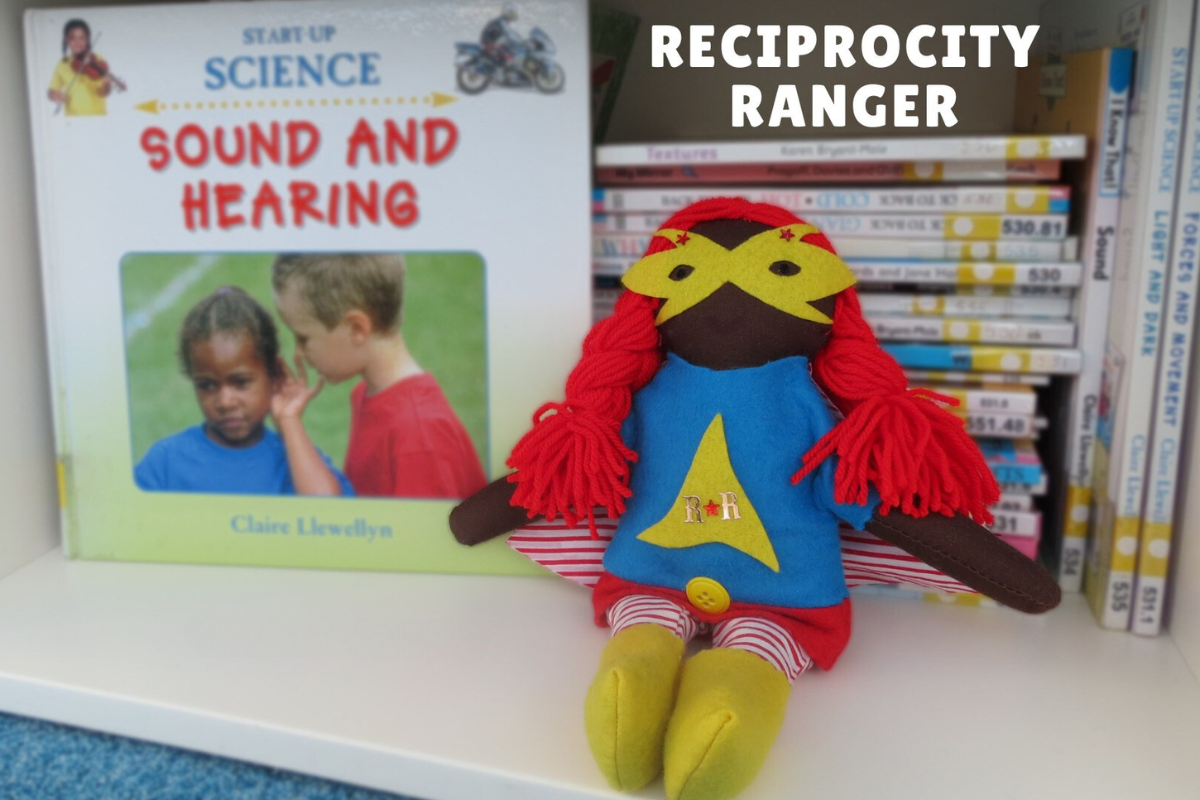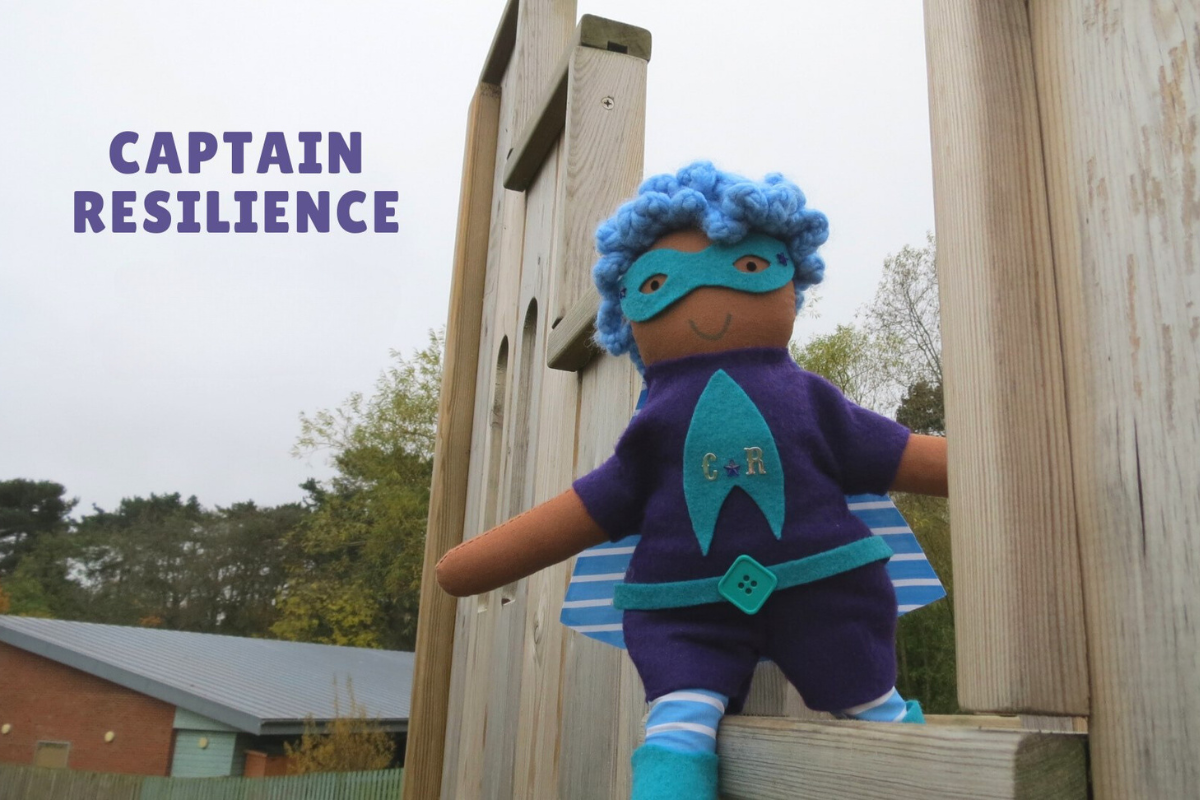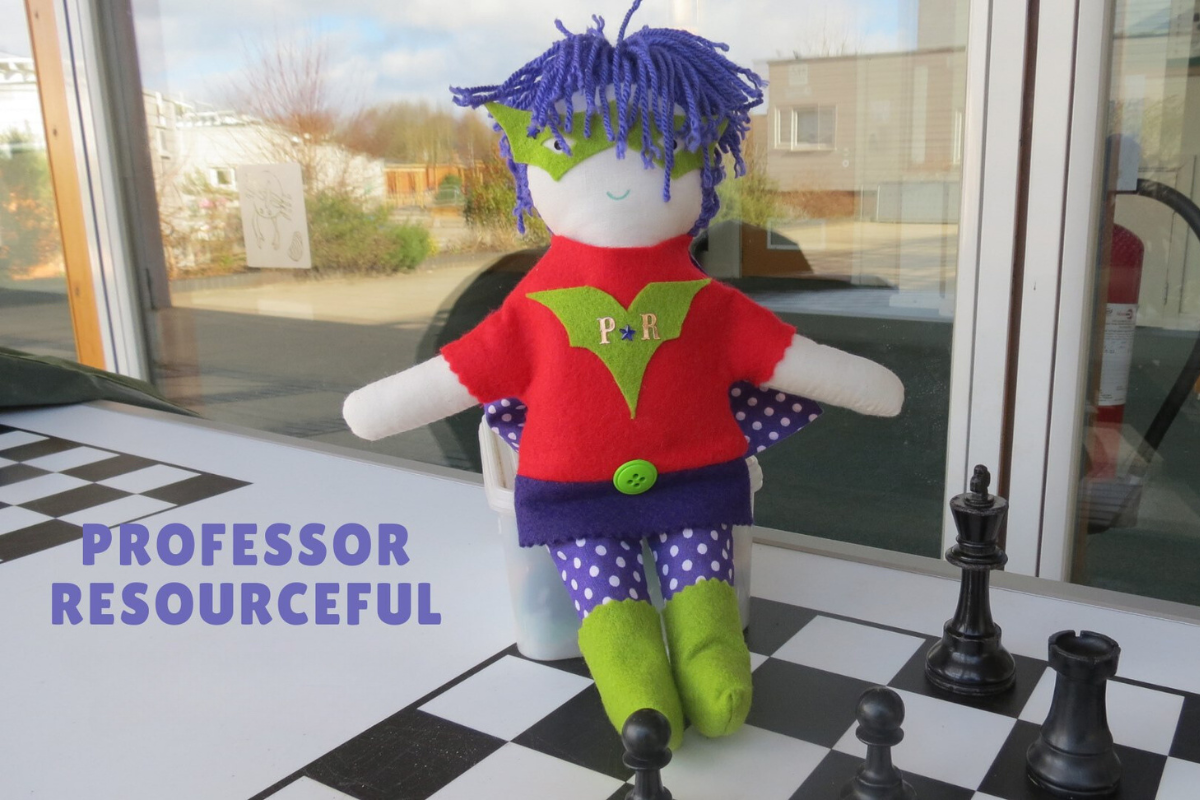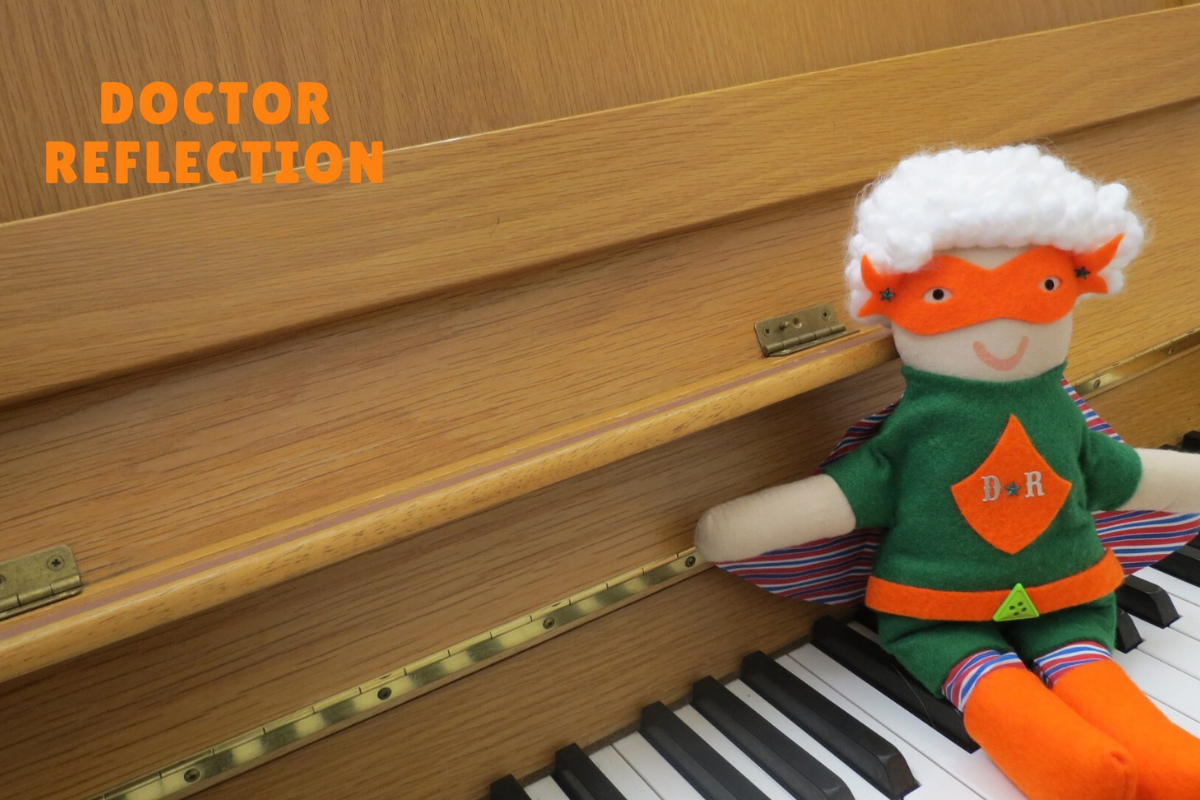Growth Mindset and Building Learning Powers at Pilgrims
At Pilgrims we encourage all pupils to adopt a Growth Mindset to improve their learning.
The term “Growth Mindset” was coined by American psychologist Carol Dweck in her 2006 book Mindset: The New Psychology of Success. Dweck’s studies show that students with a growth mindset consistently outperform students with a fixed mindset.
A simple definition of a Growth Mindset is the belief that knowledge and skills can be improved with effort and persistence. Those with a Growth Mindset embrace challenges, stay resilient, learn from constructive criticism and are inspired by other people’s success.
Those with a Fixed Mindset, however, will often avoid taking risks and view mistakes as failures rather than opportunities.
Here our Deputy Headteacher, Mrs Quince, explains the different strategies we use across the school to support our children to develop skills that allow them to flourish.
A healthy Growth Mindset starts at a young age, which is why we look to instil all the right characteristics at the early stages of the children’s learning journey. Strategies are introduced, developed and built upon from Little Pilgrims to Year 2.
At Pilgrims we celebrate mistakes and view them as an opportunity to learn. The children then learn that they do not need to be afraid of making mistakes, but to embrace them and reflect on what they could do differently next time.
When facing a challenge, instead of thinking “this is too hard” or “I’ll never be that smart”, we encourage children to think “this may take some time” and “I will learn how to do this”.
We also encourage positive thoughts through the power of “yet”. The concept is that it’s not that they can’t do something, but that they can’t quite do it yet. I’m not good at this… yet. By adding “yet” to the end of a sentence, pupils believe that there is the opportunity to learn and improve knowledge and skills, promoting resilience and determination to succeed.
Our staff have been trained to praise the children’s learning process rather than just the outcome or achievement. Praising their effort, perseverance, motivation and strategies helps us show the children we value their learning journey and not just the end result.
We use our Learning Power Superhero Ragdolls inspired by Professor Guy Claxton’s Building Learning Powers; Doctor Reflection, Reciprocity Ranger, Professor Resourceful and Captain Resilience, to support a Growth Mindset throughout the children’s learning journey at Pilgrims. For example, Captain Resilience’s skills and habits are perseverance, absorption, noticing and managing distractions.
Developing a Growth Mindset from an early age not only helps the children with learning at school but will also enable the children to embrace new opportunities and experiences later in life.




